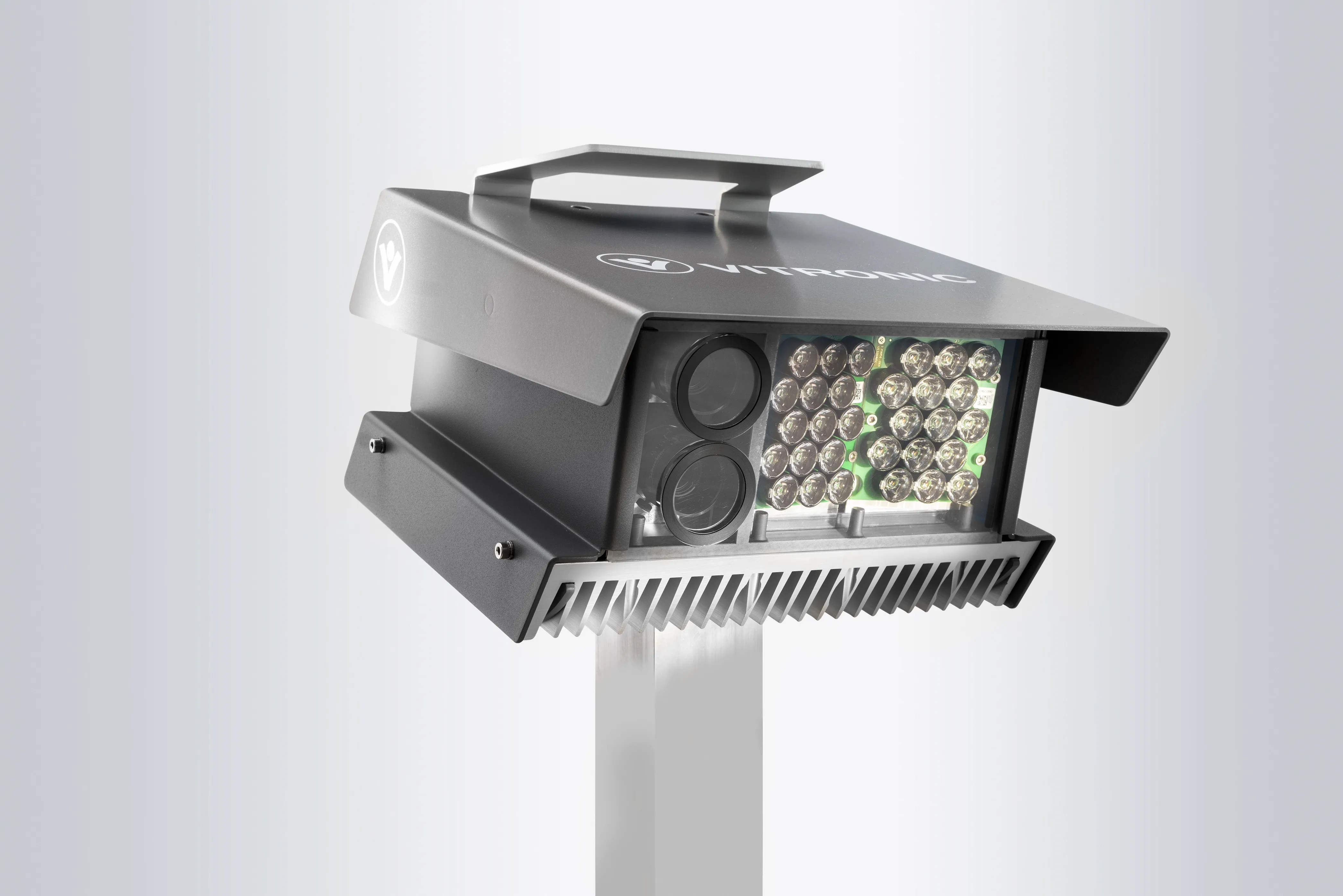
Efficiency is an important factor for a toll operator – not only in implementing the system, but also running it.
Vitronic's new video-based Tollchecker platform, which works with artificial intelligence (AI) delivers exactly that.
The lever of the system is the interaction between an industrial camera technology, edge computing and neural networks. This allows detection, classification and identification, for example via ANPR, to be image-based, which has enormous advantages.
For instance, it enables the detection of up to 15 different vehicle classes, which in turn permits operators to charge tolls in a more differentiated manner. The camera also makes it possible to even use colours for identification.
And unfavourable viewing conditions are manageable since the camera and flash are precisely coordinated and images are always optimally illuminated.
A vision of efficiency
The efficiency of this video-based solution is demonstrated by the fact that the entire capturing process, from detection to identification, can run via a single sensor.
And this works across several lanes at the same time. The result: less hardware is needed, which is also less expensive and furthermore requires less service and maintenance.
Another efficiency aspect is that vehicle data sets are generated on site and only validated data is sent to a control centre.
This contributes to data economy and saves resources - plus, it's an absolute win from a data protection point of view.
As the free-flow technology can be used both mobile and stationary, and can therefore be applied anywhere at any time, it offers operators more flexibility in installing.
Content produced in association with Vitronic








